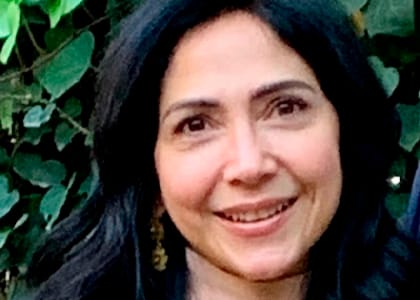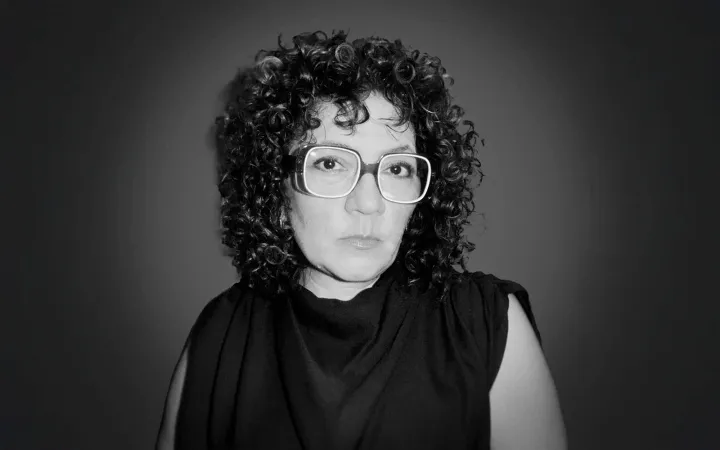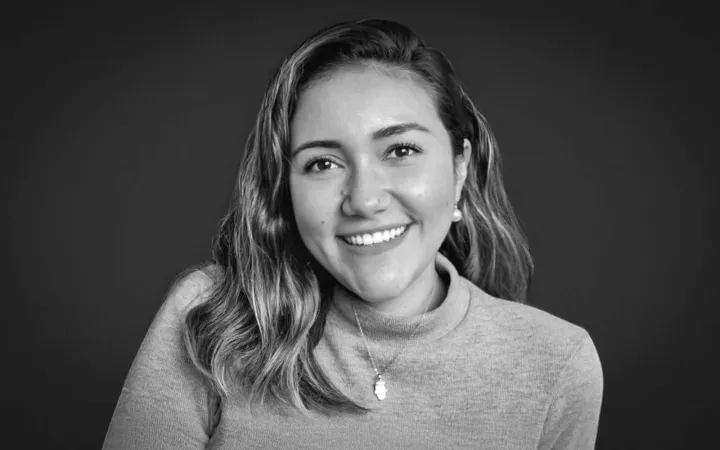
Por Mariana Conde
Cuando trabajaba en el extranjero, en un lugar donde era no sólo incorrecto sino peligroso demostrar algún atisbo de desigualdad, tuve una junta llena de grandes egos pero rangos similares entre los que yo era la única mujer. El otro latinoamericano de la mesa (brasileño, si quieren saber), recién llegado a la cultura laboral anglosajona, dijo sin empacho alguno: ¿Mariana, no vas a servir el café? Los pobres ingleses quedaron morados y alguno de ellos se levantó rápidamente a circular tazas y otro a pasar el azúcar. Yo, no me moví, me resistí a una vocecita en el fondo, cada vez más débil, que me urgía a ser amable y servicial. Al pensar en ese episodio, me pregunto cómo se hubiera desarrollado si esa sala de juntas hubiera estado en Brasil, o México…
Siempre me precie de que en casa de mis padres las cosas eran bastante parejas en cuestión de género. Me daban los mismos permisos que a mis hermanos, había expectativas irracionales sobre mi desempeño escolar y mi futuro; era incuestionable el que estudiaría, al menos, una carrera. Si le llegaba a mi papá con el cuento de que JM me pegó y a las niñas no se les toca ni con el pétalo de una rosa, su primera pregunta era: ¿quién comenzó? El castigo no se lo llevaba mi hermano por ser varón sino quien había dado el primer manotazo, a veces yo.
A los tres nos dieron permiso de manejar más o menos a la misma edad, oportunidades de viajes con amigos y responsabilidades en casa.




